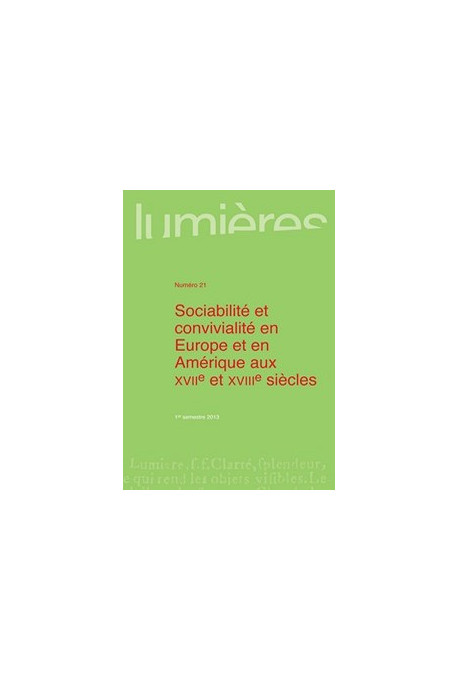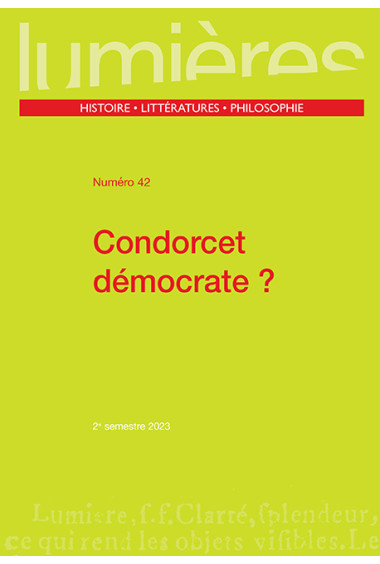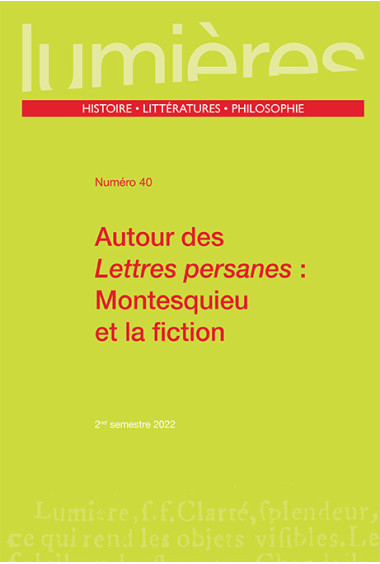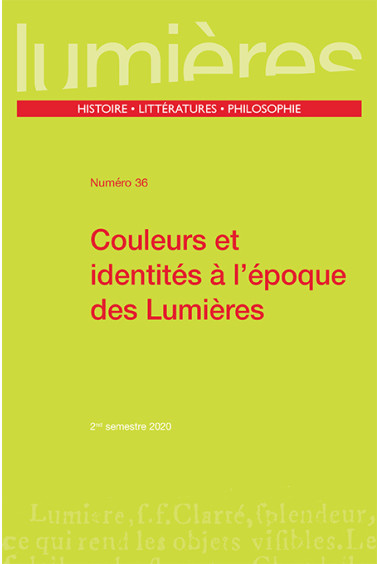Rejetant le mariage dans un poème juvénile dans années 1670, la poétesse Jane Barker, alias Galaecia (1652-1732), égérie d’un cénacle de poètes amateurs, vouait à ses amis, à ses livres, à son roi et à son dieu une vie où sociabilité, littérature et engagement politico-religieux devaient jouer un rôle essentiel. Tout en la rendant plus dépendante que jamais des réseaux de sociabilité et de solidarité spécifiques, sa conversion au catholicisme et son ardent engagement jacobite l’amènent, après quinze ans d’exil en France, à quitter la sphère manuscrite pour la fiction imprimée, mue par une discrète volonté de propagande. Largement autobiographiques, ses romans continuent cependant à mimer les conversations et échanges interpersonnels dont se tisse une vie de poètesse engagée. Love Intrigues, paru en 1713, récit dialogué des amours décevantes d’une héritière de la gentry royaliste, éprise d’obéissance et de loyauté, et d’un jeune homme à la mode aux manières ambiguës à la veille de la révolution anglaise de 1688- 89, pose doublement la question de la sociabilité. Comment situer ce premier texte imprimé et commercialisé tant par rapport au commerce manuscrit antérieur de Jane Barker que par rapport à la sociabilité-solidarité jacobite, toile de fond de sa composition? Ce questionnement dévoile la double nature de Love Intrigues : partie prenante, formellement, d’une certaine sociabilité, il est aussi, thématiquement, réflexion critique sur l’évolution historique de la sphère publique.
Jacobitism and Sociability in Jane Barker’s Novels
Dismissing marriage in the 1670s, manuscript poetess Jane Barker (1652- 732), aka Galesia in her select literary circle, prophetically devoted her life to her friends, her books, her King and her God. While intensifying her bond to specific sociability and solidarity networks, her conversion to Catholicism and ardent Jacobitism were to lead her from the genteel world of sociable writing and manuscript circulation into the rougher universe of printed prose fictions in quest of a larger audience for her covert propaganda. Even so her strongly autobiographical printed narratives still bear the formal hallmark of the sociable exchanges so essential to the former amateur. Love Intrigues, her first novel (1713), thus intertwines a friendly dialogue in Saint-Germain and the retrospect narrative of a disappointing love-affair between a glib young man about town and a wary gentry heiress from Cavalier stock on the eve of the revolution of 1688-89. Stemming from Jane Barker’s earlier literary sociability and from her ongoing sociable transactions in Jacobite and recusant networks, Love Intrigue contrasts a frank yet courtly dialogue in Saint-Germain and a wistful depiction of rural communities with the ambiguous manners and polish of the “false pretender” embodying modernity. Jane Barker’s first foray into print might read, then, not only as an attempt to expand and transform an already extant sociability, but also as a critical assessment of the patterns of relationships within a nascent public sphere.





